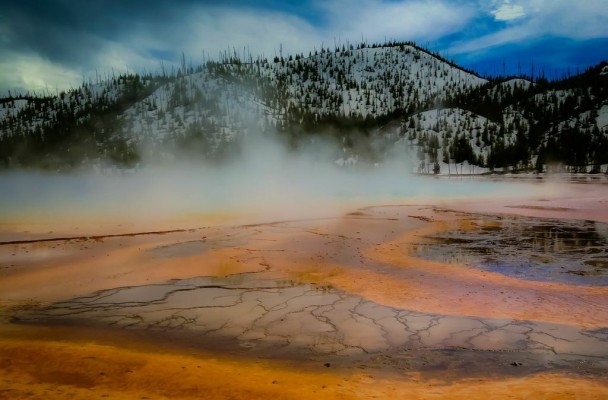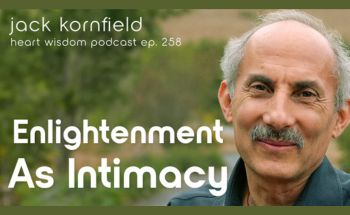One evening, the Buddha arose from his meditation and was seated outside the eastern gate of the park where he was staying. Then, King Pasenadi, arriving for a visit, greeted the Buddha and took a seat to one side. Just at that time, not so far away, a large group of wandering ascetics were walking by. Carrying their alms bowls, some of these ascetics wore long matter hair, some were naked, some wore only a single robe, and some were wanderers. When they had passed by, the king asked the Buddha, Can any of those ascetics be considered as being either arhats or on the path to arhatship?”
“The Buddha responded, “It is by living a life in common with a person that we learn of that person’s moral character; and then only if having insight ourselves, we have watched a person for a long time. It is only in conversation with a person that we learn of that person’s wisdom and clarity of heart; and then only if, having insight ourselves, we have paid attention for a long time. It is during times of trouble that we learn of another’s fortitude; and then only if, having insight ourselves, we have paid careful attention for a long time.”
Adapted from the Samyutta Nikaya, by Gil Fronsdal
This excerpt is taken from the book, “Teachings of the Buddha“






